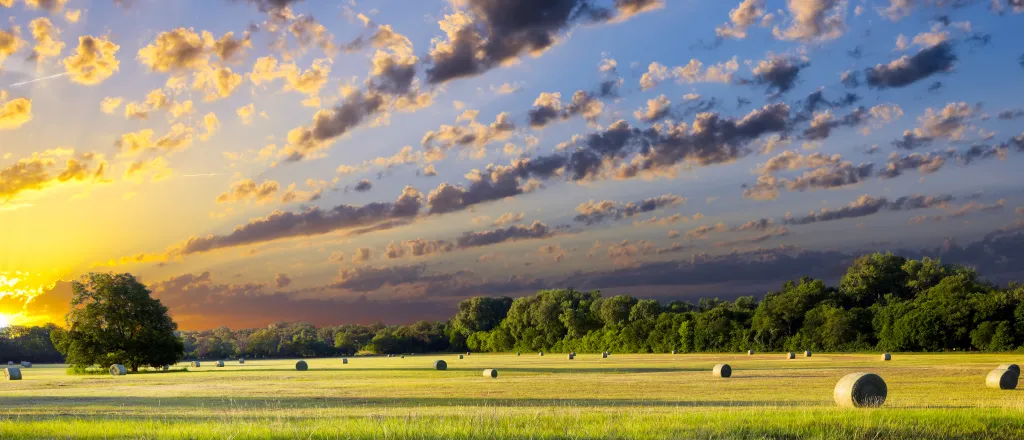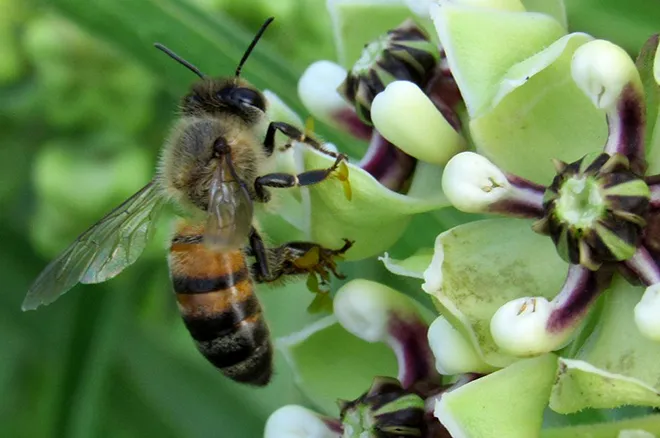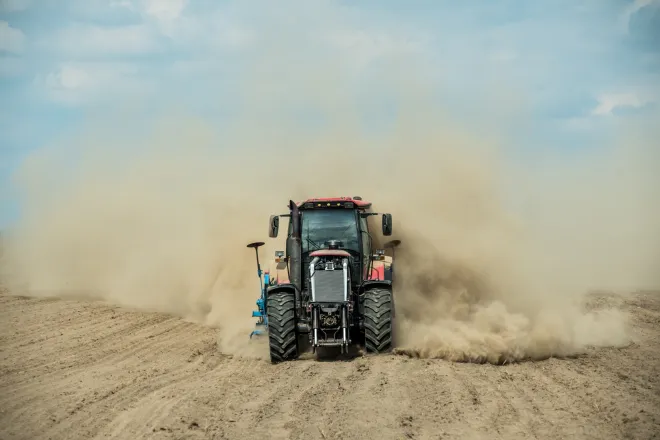
The Yonder Report: News from rural America - March 13, 2025
© Dean_Fikar - iStock-503150251
News from rural America.
Many fear the Trump administration's effort to raise money fast could include sale of public lands, thousands of farmers wait for payouts frozen by the USDA, and a shortage has rural America's doctors coming out of retirement.
TRANSCRIPT
♪♪ For the Daily Yonder and Public News Service, this is the news from rural America.
Watchdogs and conservationists are concerned that public land could be sold through executive or legislative action.
Drew McConville with the Center for American Progress says one option is a Trump administration plan to create a sovereign wealth fund that would force the sale of public lands.
The fund would require raising trillions of dollars quickly.
There aren't really a lot of ways that you could quickly amass a huge amount of money other than liquidating assets the government already has.
Lawmakers opposed to federal ownership of public lands have fought for state control, but those with the highest proportion, Nevada and Utah, lack the budget to manage them.
McConville believes communities would suffer if sales to developers follow.
They provide outdoor recreation opportunities for families.
They fuel economic growth for nearby communities.
They use that in outdoor businesses.
Thousands of farmers, counting on money from the U.S. Department of Agriculture, are waiting for more than $400 million in frozen federal payments.
Julia Tilton has more.
Kevin Levitt produces organic vegetables in West Gardner, Maine.
He was days away from getting a $48,000 reimbursement for a solar energy project when the Trump administration stopped payments to farmers nationwide.
We've kind of been hoping that funds would come through.
It's, you know, getting to be over a month now.
And every day that passes, we lose faith.
Without the payments, prices would have to rise, according to Sarah Alexander with the Maine Organic Farmers and Gardeners Association.
She says the burden on farmers could be huge, and they'd have no choice but to pass the costs on.
It's hard to see how that wouldn't end up ultimately impacting consumers.
I'm Julia Tilton.
The National Institute of Health says only 9 percent of doctors practice in rural America, despite it accounting for 20 percent of the population.
The Daily Yonder's Pat Rhea reports many rural doctors are staying on the job to care for their patients.
Retired physicians are actually coming out of retirement or not retiring in order to continue practicing a couple of days a week.
The Association of American Medical Colleges predicts the U.S. could soon be short 85,000 physicians.
And becoming a doctor is expensive, so many choose to live in metro areas where the pay is better.
As hundreds of rural hospitals have closed or are at risk, Rhea says many young physicians aren't aware that becoming part of a small-town community also has rewards.
They celebrate when people have babies, and they celebrate when those babies graduate from college and when they get married.
There has to be a way to encourage these young physicians to move into these rural areas.
For the Daily Yonder and Public News Service, I'm Roz Brown.
For more rural stories, visit dailyyonder.com.
















